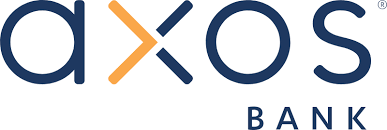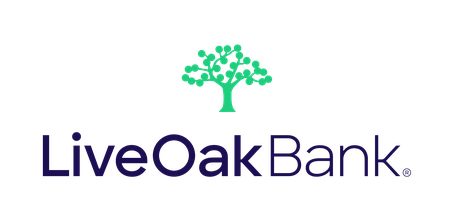High interest checking accounts offer several advantages over other types of bank accounts.
One major benefit of a high-interest checking account is that you can earn interest with the same account used for everyday purchases.
Another benefit is high interest checking accounts often pay better rates on deposits than money deposited in regular savings accounts at top banks. For instance, Chase, Bank of America, and Wells Fargo all pay 0.01% APY.
Best High-Yield Checking Accounts
High interest checking accounts allow you to earn interest on any amount of money deposited in your account.
How to earn the highest rate
Apply at mph.Bank's Secure Site
How to earn the highest rate
* Free accounts earn 4.00%APY (APY stands for Annual Percentage Yield) up to $50,000 in account deposits. Requires $2,000+ monthly direct deposit to qualify. All deposits in your checking account over $50,000 will receive 0.00%APY. All deposit products are provided by, and mph.bank is a brand of, Liberty Savings Bank, F.S.B. Member FDIC.
1 Goals accounts earn 3.00%APY (APY stands for Annual Percentage Yield). All deposit products are provided by, and mph.bank is a brand of, Liberty Savings Bank, F.S.B. Member FDIC.
Apply at UFB Direct's Secure Site
The Annual Percentage Yield (APY) is accurate as of 09/09/2025. The interest rate and corresponding APY are variable and are set at our discretion. This is a tiered variable rate account. Interest rates may change as often as daily without prior notice. Fees may reduce earnings.
Apply at Raisin's Secure Site
What to look for in a high-interest checking account
Your number one focus in opening a high interest checking account is a competitive rate.
But you also have to take into consideration monthly maintenance fees because that would likely cost you more than what you'd earn in monthly interest.
Free ATMs nationwide or ATM fee reimbursement (in case you’re charged by ATM owners for using out-of-network ATMs) is also important to consider with high-interest checking accounts.
Is it Better to Keep Money in a Checking or Savings Account?
The choice to keep money in either a checking or savings account will depend on your personal needs. A savings account is essential, especially to create an emergency fund and stack cash away for future financial goals or needs like a down payment for a house or car, home improvements, or paying for medical or educational expenses.
But there's no reason you shouldn't also have an interest-bearing checking account also, which is how you can really take advantage of what each has to offer.
You really can't go wrong with checking accounts that pay interest. Earning interest on whatever balance in your account can only mean extra money for you.
Finally, high-interest checking accounts typically come with no minimum balance requirements, so you can start earning interest right away.



















